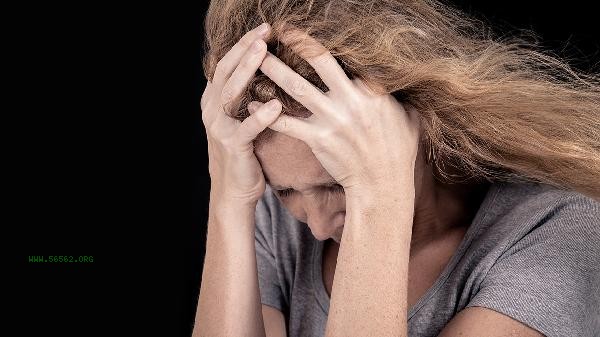Menopausal women can consume moderate amounts of soy products, deep-sea fish, whole grains, dark vegetables, and dairy products, which can help alleviate discomfort symptoms such as hot flashes and osteoporosis. Menopausal diet should pay attention to supplementing phytoestrogens, calcium, vitamin D, and dietary fiber, and avoid high sugar and high-fat diets that stimulate hormone fluctuations.

1. Soy Products
Soybeans and their products are rich in soy isoflavones, which have a dual regulatory effect on estrogen and can alleviate symptoms of hot flashes and night sweats. It is advisable to take about 100g of tofu, soybean milk and other products every day. Fermented bean products such as natto are easier to absorb. People with weak gastrointestinal function should control their intake to avoid bloating and discomfort.
II. Deep sea fish
Salmon, sardine, etc. are rich in Omega-3 fatty acids, which can reduce inflammatory reaction and improve mood fluctuations. Consume 2-3 times a week, 80-100 grams each time, steaming or grilling is best. Gout patients should pay attention to controlling purine intake and can replace it with plant-based sources such as flaxseed.
III. Whole Grains
Whole grains such as oats and brown rice provide B vitamins and dietary fiber, helping to stabilize blood sugar and intestinal function. Suggest replacing refined staple foods with a daily intake of 50-150 grams. First time consumers should start with a small amount to avoid sudden increases in fiber intake that can cause bloating.

4. Dark vegetables
Spinach, broccoli and other dark vegetables contain calcium, magnesium and vitamin K, which promote bone health. Daily should ensure at least 300 grams, stir fry quickly over high heat to retain nutrients. Individuals with thyroid dysfunction should control their intake of cruciferous vegetables and reduce their impact on iodine absorption after cooking.
V. Dairy Products
Milk and yogurt provide easily absorbable calcium and vitamin D to prevent osteoporosis. Daily recommendation is 300-500 milliliters. Lactose intolerant individuals can choose low lactose products or cheese as substitutes. People with high blood lipids should choose low-fat dairy products to avoid excessive intake of saturated fatty acids.

Menopausal diet should be accompanied by moderate exercise and a regular schedule, with 30 minutes of low impact exercise such as brisk walking or yoga every day to promote calcium deposition. Limit caffeine and alcohol intake to reduce the risk of bone loss. Cooking should use low-temperature methods such as steaming and stewing to avoid damaging nutrients through high-temperature frying. Maintain a diverse dietary structure, supplement with vitamin D or calcium supplements as necessary under the guidance of a doctor, and undergo regular bone density testing. Pay attention to observing food tolerance, and adjust the diet promptly if symptoms such as facial flushing and gastrointestinal discomfort occur.




Comments (0)
Leave a Comment
No comments yet
Be the first to share your thoughts!